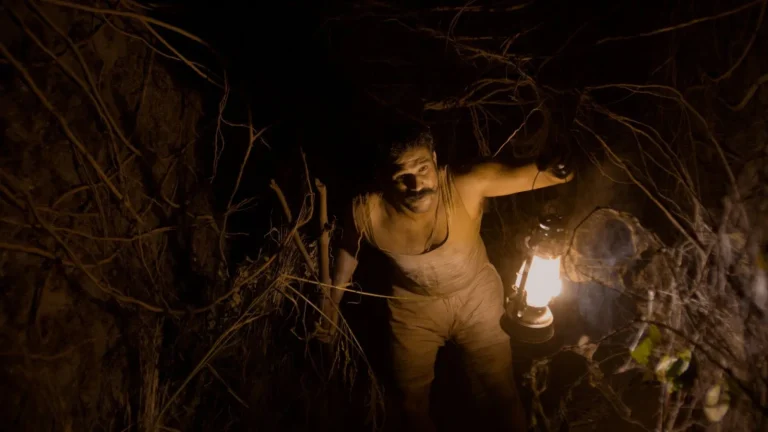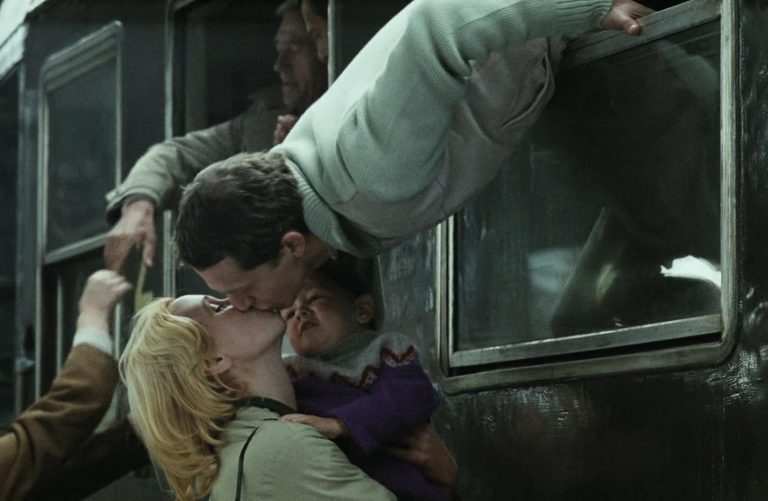Saeed Akhtar Mirza’s spectacular creation “Salim Langde Pe Mat Ro” (1989) draws on the situatedness of the disabled poor Muslim in the Indian Criminal Justice System of 1980s India. With Pavan Malhotra in the lead role, the film righteously took a stand against the atrocities and arson in communal riots, tracing the trajectory of entangled bias and inaccessible services for Muslim citizens of a mohalla. Salim Pasha, a victim of locomotor disability, portrays the lack of security, dignity, or employment opportunities, assuming a misidentification of competency, honor, and credibility.
Alongside his companions Peera and Abdul, Salim is entirely immersed in criminal robbery and extortion, a ‘profession’ he had chanced upon due to his father’s inability to provide for both his sons’ education. It is clearly hinted that a well-trained man would never get involved with gang wars, indicating the distinguished quality of Salim’s elder sibling, Javed, who died after getting electrocuted at work. The heart-wrenching sketch of realism truly deserved the Best Feature Film in Hindi and Best Cinematography awards at the 37th National Film Awards.
The opening scene of “Salim Langde Pe Mat Ro” shows a clash between the local goon Rajan, retorting regarding Salim’s share of stolen property: “Hey, you incapacitated creature, get lost or you will lose both your legs.” The advocacy of marginalized identities in the modern world involves both the legal obligations and sympathetic outlook of Government policies towards individuals with a disability. Yet, people like Salim’s father, played by Vikram Gokhale, had been laid off from work after twenty-five years of service.
The obstruction of implementation and affirmative actions hinder the development of certain urban landscapes despite repetitive efforts by the local authorities. The biggest riots broke out in 1979 and 1980 in Jamshedpur and Moradabad, respectively, continuing the internal strife among long-associated families. Salim is supposed to take care of it all in a confident manner. However, life usually has opposing plans for the oppressed characters in Mirza’s films. Even though he loves his sister and promises to provide for her at all stages of life, ironically, he is assassinated in the end by the rival gang at his sister’s wedding.
The supporting roles of Mumtaz, a nautch girl, and Johnny, the hippie, add to the climatic change in India at the time. The latter pesters about the Hiroshima disaster, emphasizing how a single bomb killed 500,000 people in one go. When asked to elaborate, Johnny goes on to say, “We learned nothing about the value of humans.” The contention between Salim’s father and his ideologies against Salim’s lifestyle takes on a heated debate within the familial premises: “Nobody trusts a Muslim, nor do they employ them. How will they survive? In case of a riot, only goons can save you. Why? Because they can fight”.
The direct effect of this transaction is witnessed once his father joins the documentary filmmaker’s demonstration on the Bhiwandi Riots. The film, within the film, alters the perspectival essence of many spectators: “Do we kill and loot? Why don’t you show this to the responsible party?”. The film greatly impacts the local people, enabling a direct retaliation by a Hindu customer of Cafe Ashrafi. He falsifies the whole documentation, claiming that all these schemes were aimed at manipulating and brainwashing the public. When the tycoon proclaims how patriotic he is, a goon questions him on his trade, only to get killed by his men in the end: “There are many patriots in the queue. Why are you increasing the traffic?”
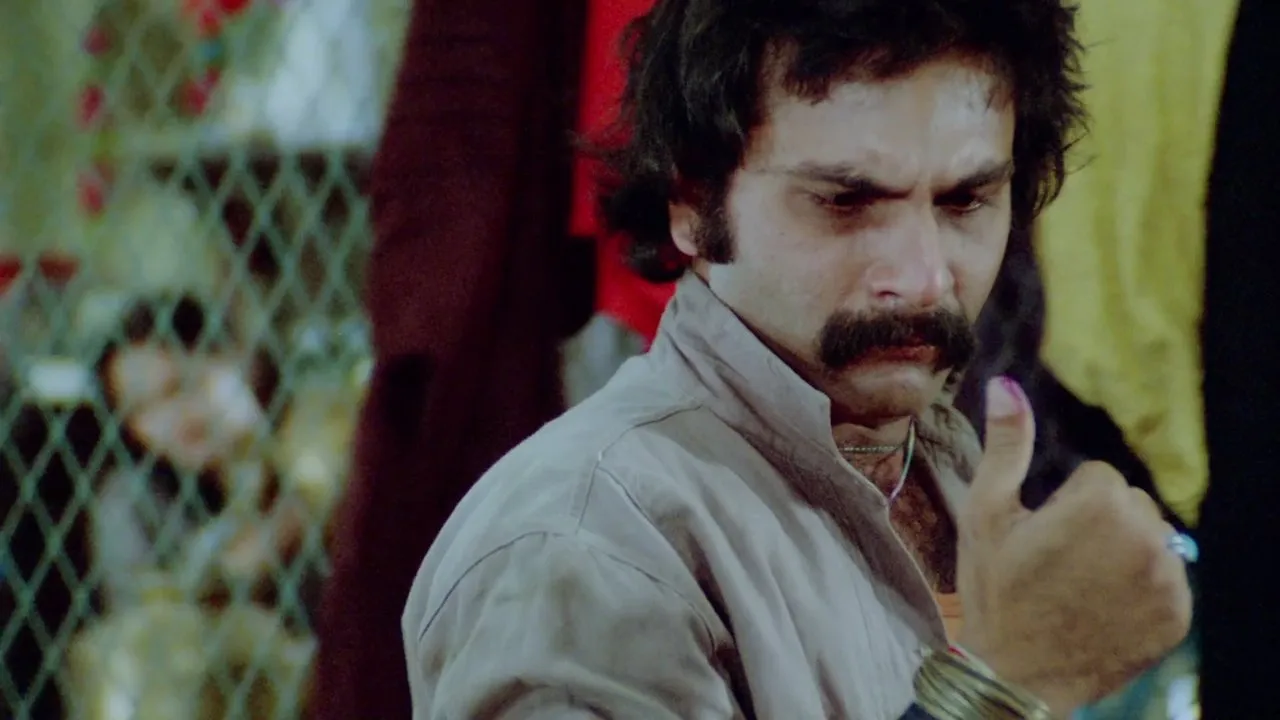
A fresh breath of air is carried in the film by the character Aslam Ahmad, Javed’s humble friend and an MA-passed Urdu aficionado. Interrogated by Salim prior to his sister’s wedlock, Aslam confessed to his meager income as a proofreader, owing to the declining use of Urdu as a language. Advocating for the education of girl children, he got into regular disagreements with Orthodox Muslims, pushing the zeal of his community toward pedagogic, academic, and institutional learning: “Islam is not against progress nor against instructional training.”
When countered by Salim on the rivalry of the ‘street,’ he replies: “Try to be a respectable person. At least you can try.” The cinematic language immediately changes herewith as Salim is forced to participate in a forced confession at the police station. Treated as vermin, they are all categorized as a group of conflicted individuals, one more than the other. As a small-time ruffian, he is designated as a nobody, a name registered in the records only to stamp his death sentence.
Salim’s realization proves counter-reactive to his essential nature. He tries to take up a job at a garage but is requested to start the community riots in his area. The 1984 Bhiwandi Riots in Maharashtra stirred up his soul as he witnessed the death of 146 people, injuring around 600 more. The refusal proved to be a huge detrimental asset for Salim, as he was eventually killed for the same. However, Mirza again proves to be a master craftsman with this timelessly radical statement piece, a voice prototypically of, for, and by the marginalized Muslims of our nation.
Salim’s passion against the bloodletting of the communal strife in Bombay has its resonance today with the 1984-anti Sikh pogrom and the 2002 interfaith riots of Godhra. It illustrates the wanton disobedience to law and order, as provoked by a seated public servant. Salim’s character speaks of the tragic site of Bhiwandi, a powerloom center situated nearly 37 km away from Mumbai. The riots are supposed to be the direct consequence of the Shiv Jayanti Procession, which attracted 10000 people armed with lathis, passing the premises of the Nizampura Jumma Mosque.
The excessive throwing of ‘gulal’ and the provocation of religious songs in front of the Mosque entrance caused a stir in the city. Perhaps Salim was not adept at giving in to the contingency, which enabled him to enter a chosen nihilism. It could also be that his brother Javed’s staunch brevity and his father’s determination to hone the flags of justice pushed him toward an undeterred end. Whatever may be the case, Salim’s murder at his sister’s wedding was not a typical gang assault. It was, loud and clear, a political murder, a psychotic fear of scrimmage which we witness around our lives today. And we must know, there’s no escape from it.

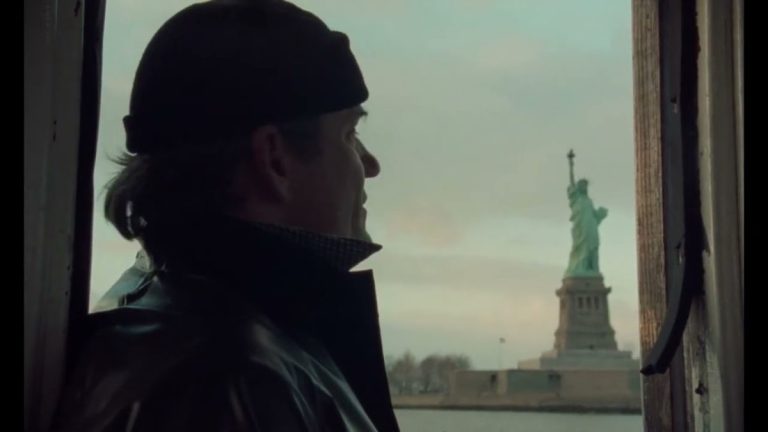
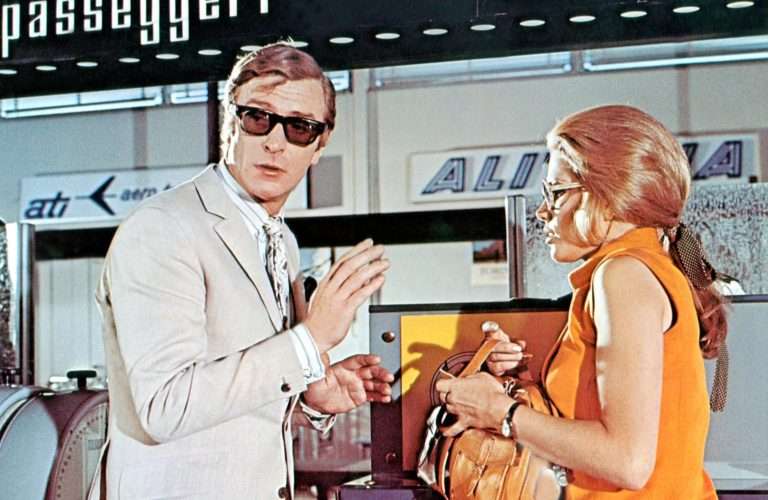

![Haider [2014]: In the land of Blood, Snow and Chutzpah](https://79468c92.delivery.rocketcdn.me/wp-content/uploads/2017/01/25383032_1769537989731598_931009824_o-768x326.jpg)
